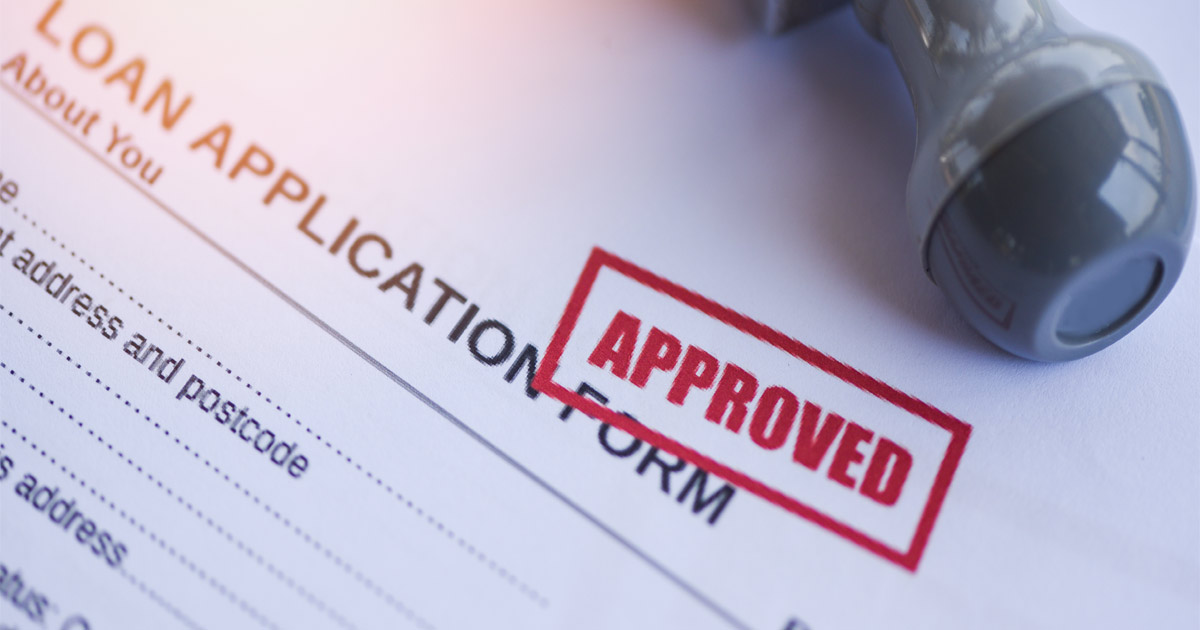$350 Billion in Forgivable Loans Available to Small Business Owners Through the Paycheck Protection Program

On March 27, 2020, the Coronavirus Aid, Relief, and Economic Security Act (“CARES Act”), was passed by Congress and enacted into law. The CARES Act makes loans available to small businesses with fewer than 500 employees, select types of businesses with fewer than 1,500 employees, 501(c)(3) non-profits with fewer than 500 workers and some 501(c)(19) veteran organizations. As long as the business was in operation on February 15, 2020, it can obtain a loan.
One type of loan available to small business through the CARES Act is through the Paycheck Protection Program (“PPP”). The PPP sets aside $350 Billion in 100% government-backed loans which are Small Business Administration (“SBA”) guaranteed taken from 1800 SBA approved lenders that can accept applications for these loans. Currently, businesses must apply for a PPP loan through a bank with which they have a relationship. That means the business must seek the forgivable loan through a bank that it has a banking relationship, or it must quickly convince a bank to accept it as a customer. The business may need help if it does not have an already viable relationship as a customer of a bank because banks are being swamped with applications for the forgivable loans from their long-time customers, and are not eager to add to their workload with strangers that want to become customers solely for the purposes of obtaining the forgivable loan. However, in some instances if a bank has a relationship with a law firm, it can convince the bank to accept a client and a new customer. In those instances, the client would open a bank account, and then the bank processes the application for that business to obtain a forgivable loan.
The maximum loan amount under the PPP is $10 million, with an interest rate no higher than 1% and a maximum payback period of 2 years. Unlike other SBA loans, no collateral or personal guarantees are required. The purpose of a PPP loan is for a small business to cover payroll expenses and not have to terminate its employees. Payroll costs are capped at $100,000 per year per employee.
If the business takes out a loan, and it continues to pay its employees at their normal levels during an eight week period after the loan is originated, the amount spent on payroll costs, which includes health insurance costs, state or local taxes assessed on employee compensation, mortgage interest payments, and rent and utility payments, the amount of the loan can be forgiven. No more than 25% of the forgiven amount may be for non-payroll costs. For any portion of a loan that is not forgiven, interest payments are deferred for six months.
Starting April 3, 2020, small business and sole proprietorships can apply to receive loans to cover their payroll and other covered expenses through existing SBA lenders. Independent contractors and self-employed individuals can apply for a loan starting on April 10, 2020.
Philadelphia Business Lawyers at Sidkoff, Pincus & Green P.C. Provide Guidance to Businesses Seeking Loans through the Paycheck Protection Program.
If you own a small business, and have questions concerning the CARES Act and applying for a loan through the Paycheck Protection Program, you are urged to contact the Philadelphia employment lawyers at Sidkoff, Pincus & Green P.C. To schedule a confidential consultation, call us today at 215-574-0600 or contact us online. Our offices are located in Philadelphia, where we represent clients in Pennsylvania and New Jersey.













